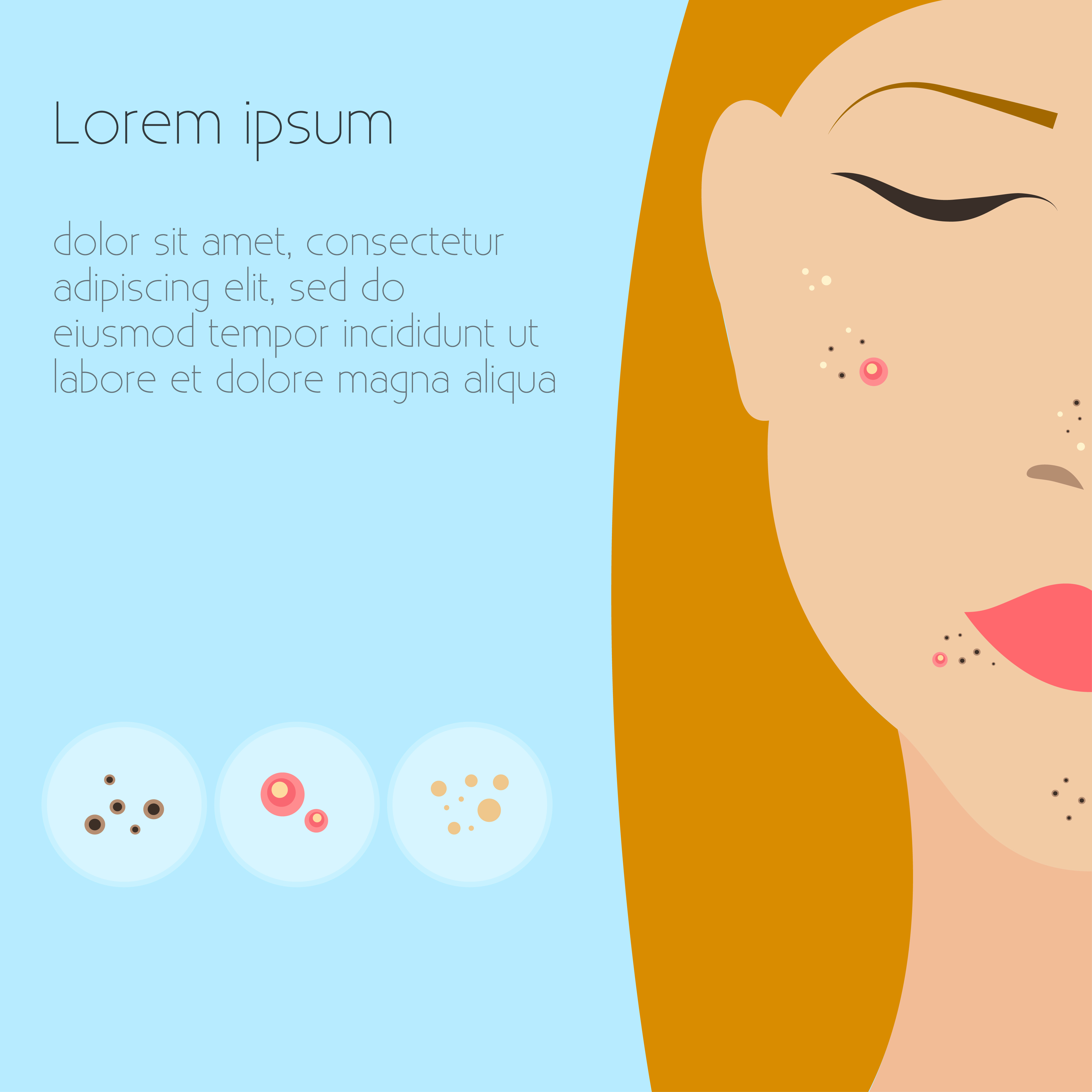Winter is the coldest season of the year and brings a mixture of many things. When we specifically talk about skin health, winter is usually considered a challenging time for the skin. The cold air, low humidity, and indoor heating can strip the skin of its natural moisture, leading to dryness, irritation, and eczema flare-ups. Dry skin irritates a lot and can trigger eczema when the skin becomes more cracked and scaly. Dry skin, also known as xerosis, occurs when the skin loses moisture and becomes rough, flaky, and sometimes itchy. Eczema, or atopic dermatitis, is a chronic condition characterized by inflamed, itchy, and red patches of skin. Both conditions tend to worsen during the winter due to environmental factors.
This document will provide comprehensive tips on preventing dry skin and eczema during winter, ensuring your skin remains healthy and calm.
A few essential tips for healthy skin during cold months
- Hydration is key
-
- Moisturize regularly
One of the most effective ways to prevent dry skin and eczema is to keep the skin well-moisturized. Look for creams or ointments rather than lotions, as they provide a thicker barrier to lock in moisture.
Choose a thick, fragrance-free moisturizer containing ingredients like ceramides, hyaluronic acid, petroleum jelly, and glycerin to avoid dry skin and dry skin patches. Apply the moisturizer immediately after bathing to lock in moisture while your skin is still damp.
-
- Use a humidifier
Indoor heating can significantly reduce the humidity levels in your home, leading to dry skin. A humidifier can help maintain a comfortable humidity level, keeping your skin hydrated. Aim for a humidity level of around 30-50%.
-
- Stay hydrated
Drinking plenty of water is essential for overall health and can help keep your skin hydrated from the inside out. Aim for at least eight glasses of water daily and consider increasing your intake if you are active or live in a particularly dry climate.
- Protect your skin from the elements
-
- Wear appropriate clothing
Protecting your skin from harsh winter weather is crucial. Wear gloves, scarves, and hats to shield your skin from harsh wind and cold. Opt for soft, breathable fabrics like cotton to avoid skin irritation. If you wear wool, ensure it’s not directly in contact with your skin, as it can be abrasive.
-
- Avoid irritants
Use fragrance-free and hypoallergenic detergent to avoid skin irritation. Also, avoid smoking, as smoking can reduce blood flow to the skin and worsen dryness and eczema.
-
- Take shorter, lukewarm showers
Hot water can strip the skin of its natural oils, leading to dryness and irritation. Opt for lukewarm showers and limit their duration to 5-10 minutes, as excessive bathing can dry out the skin, so keep it to a reasonable frequency.
Use gentle, fragrance-free cleansers because harsh soaps can further dry your skin. Choose moisturizing body washes or cleansers designed for sensitive skin.
- Adopt a gentle skincare routine
-
- Choose mild, fragrance-free products
Fragrances and harsh chemicals can further irritate dry and eczema-prone skin. Choose gentle, fragrance-free skincare products, and avoid those containing alcohol, which can be drying.
-
- Wear sunscreen
Even in winter, the sun’s rays can damage your skin. Apply a broad-spectrum sunscreen with SPF 30 or higher, especially if you spend time outdoors.
-
- Treat melasma
Try out Clearz Max Cream 15gm, a topical medication that treats melasma. This condition causes dark patches on the face and other body parts. Melasma is often associated with sun exposure, hormonal changes, and genetics.
Clearz Max Cream 15gm formulation helps in quick skin renewal. It provides skin relief from itching, redness, and swelling.
-
- Exfoliate with care
Exfoliation can help remove dead skin cells, but overdoing it can aggravate dry skin and eczema. Use a gentle exfoliant no more than once a week, and follow up with a nourishing moisturizer.
- Be mindful of your diet
A healthy diet can support skin health. Include foods rich in omega-3 fatty acids, such as salmon, flaxseeds, and walnuts, which can help reduce inflammation and reduce inflammation. Antioxidant-rich foods like berries, leafy greens, and nuts can promote healthy skin.
- Manage stress
Stress can trigger eczema flare-ups and exacerbate dry skin. Incorporate stress-reducing activities like yoga, meditation, or deep-breathing exercises into your daily routine. Getting adequate sleep is also essential for maintaining healthy skin.
- Manage eczema flare-ups
If you have eczema, follow your healthcare provider’s treatment plan, including topical steroids or other medications. Carebet S 0.05% 3.0% is commonly prescribed as the drug combines a topical corticosteroid and a keratolytic agent to treat skin conditions like eczema, psoriasis, and dermatitis. It contains 0.05% clobetasol propionate and 3.0% salicylic acid.
Stay away from known eczema triggers like scented products, harsh fabrics, or certain foods to avoid dry skin on face and other skin areas.
- Consult a dermatologist
If you struggle with persistent dry skin or eczema, it may be beneficial to consult a dermatologist. They can provide personalized recommendations and dry skin treatments, such as prescription creams for dry skin or phototherapy, to help manage your condition.
Conclusion
Preventing dry skin and eczema in the winter requires a proactive approach that includes proper hydration, protection from the elements, a gentle skincare routine, and overall healthy lifestyle choices. Following these tips can maintain healthy, comfortable skin throughout the cold months.
Remember that everyone’s skin is unique, and what works for one person may not work for another. Finding the best routine for your skin may take some trial and error. Stay patient and consistent, and consider seeking professional advice when needed.




